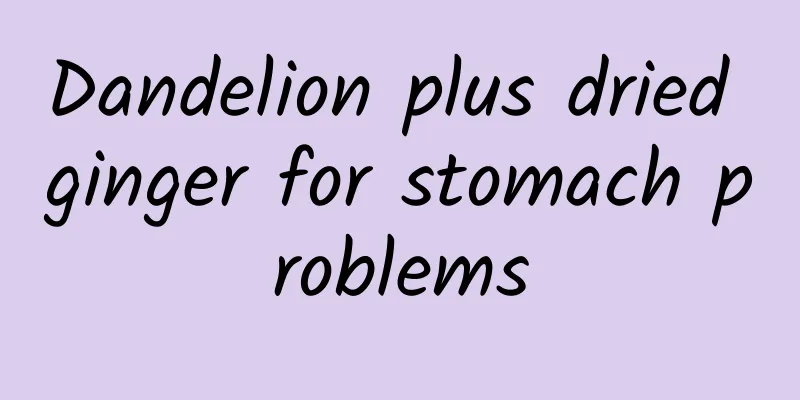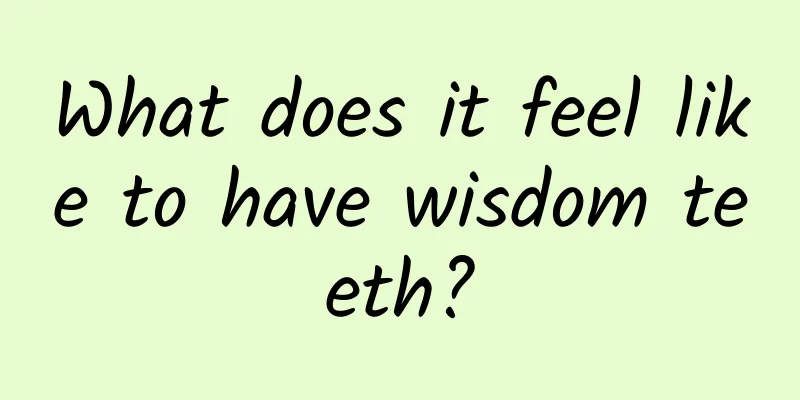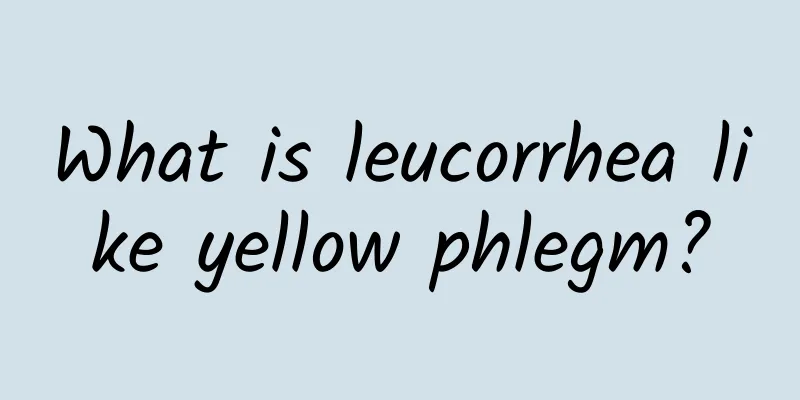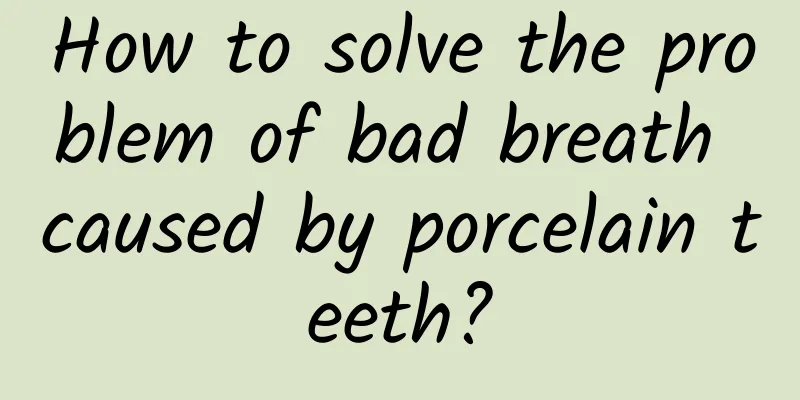What to do if your child has a fever and shivers
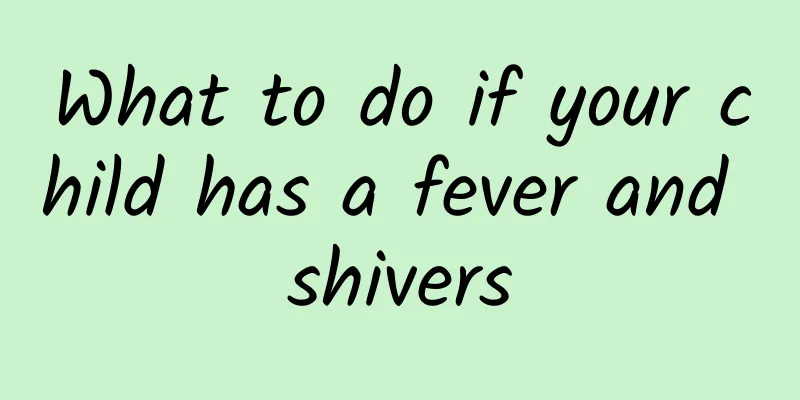
|
When a person has a high fever to a certain stage, he or she will experience shivering and convulsions. This is a spasm of nerve function caused by the high fever, which may also lead to some cardiovascular and heart functional diseases. If the symptoms of fever persist and are severe, the patient should go to the hospital for examination in time. It is very important to provide treatment to reduce the high fever, because fever is not a small problem. What is the cause of fever and shivering? Shivering during a fever often occurs when the patient has a high fever. Under the action of bacterial or viral toxins, the body's muscle nerves are in an excited state, causing tremors, convulsions, etc. It may be nerve stimulation caused by high fever or cardiovascular and cerebrovascular diseases, which lead to shivering. Therefore, if you have symptoms of fever and shivering, you should seek medical attention promptly, conduct relevant examinations to determine the cause, and give active treatment for the high fever. When you have a fever, you should actively deal with the cause of the fever. This is the fundamental way to solve the problem of fever. For example, in the case of infectious fever, effective drugs should be selected for treatment according to the source of infection. Dehydrated patients should be actively rehydrated. If a drug reaction occurs, the drug should be discontinued immediately and anti-allergic treatment should be carried out. For infectious fever, fever itself is one of the manifestations of the body's immune system clearing heat from the source of infection. Unless the fever is high and the patient is in severe discomfort and strongly requests it, there is usually no rush to use antipyretic drugs. For patients with high fever, cooling treatment must be carried out, which can be done by physical cooling or drug cooling. Fever is a common disease in children, but mothers are still very worried when their babies have a fever. Some babies shiver when they have a fever. Due to lack of medical knowledge, parents always feel helpless when their children have a fever and shiver, which is very painful. So is a child’s fever and shivering a convulsion? In fact, convulsions are a very common disease among children. To understand whether fever and shivering are convulsions, of course, you need to have a certain understanding of the symptoms of convulsions. Children experiencing convulsions may be extremely irritable or "startle" from time to time, be nervous, look terrified, have a sudden rise in body temperature, and a drastic change in complexion; their breathing may suddenly become rapid, stopped, or irregular; and their pupils may be of varying sizes. These are the symptoms of a child's convulsion. Therefore, the possibility of children having convulsions when they have a fever and shiver is very high. The onset of seizures in children Children's seizures make parents very worried, so everyone wants to know something about this. The convulsions caused by fever in children are commonly called febrile convulsions. Moreover, this condition is divided into two types: simple type and complex type according to the age of onset, severity of convulsions, neurological signs, etc. Simple convulsions usually begin between 4 months and 4 years old. Convulsions occur soon after high fever and last for 5-10 minutes. Convulsions are systemic. The nervous system is normal before and after the attack. The EEG returns to normal one week after the fever subsides. Complex seizures last for more than 15-30 minutes. The seizures are systemic or focal, and there may be neurological signs. Seizures occur 2 or more times during one fever. They may occur in children under 6 months old or over 6 years old. This type is only a minority. Convulsions can easily cause complications, so mothers should pay special attention at this time. Once the child has a severe fever, they should go to the hospital for treatment immediately. Do not use medication indiscriminately, otherwise it will have adverse effects on the child. Everyone should also note that patients with convulsions should pay more attention to rest and avoid eating spicy food. This can effectively control the disease. |
<<: What to do if your child is prone to getting angry
>>: What to do if your child often gets angry
Recommend
The effects of deep-sea fish oil and lecithin, and the contraindications of deep-sea fish oil consumption
Deep sea fish oil is an unsaturated fat component...
Red blood streaks on legs
Red blood streaks are very common. Many people ha...
Chinese medicine face wash to remove acne, 4 things to note when you have acne
Using Chinese medicine to wash your face and remo...
Asperger's syndrome
When it comes to Asperger's syndrome, I belie...
What are corns?
Corns are mainly caused by some trauma and connec...
What causes oral discomfort and numbness?
Many people have experienced oral discomfort and ...
Can I use cupping to treat acne on my back?
As we all know, cupping is a physical therapy in ...
Ephedrine's effects, functions and side effects
Ephedra, also known as grass ephedra and Chinese ...
What to do if there is a lot of pelvic effusion? Treatment of pelvic effusion
The pelvis is one of the important organs of wome...
How much is duck treasure per gram
Many people have heard of sheep treasure and chic...
Tips for children to quickly relieve cough
Many people have experienced coughing in life. Co...
Bitter almonds can fight cancer
As the name suggests, bitter almonds are definite...
The latest drugs for muscular dystrophy
Muscular dystrophy is a genetic disease that has ...
What causes gout? What is the best way to prevent gout?
Gout is usually caused by hyperuricemia. This dis...
The fastest way to treat a sore throat?
Swelling of the body without reason is a very com...
